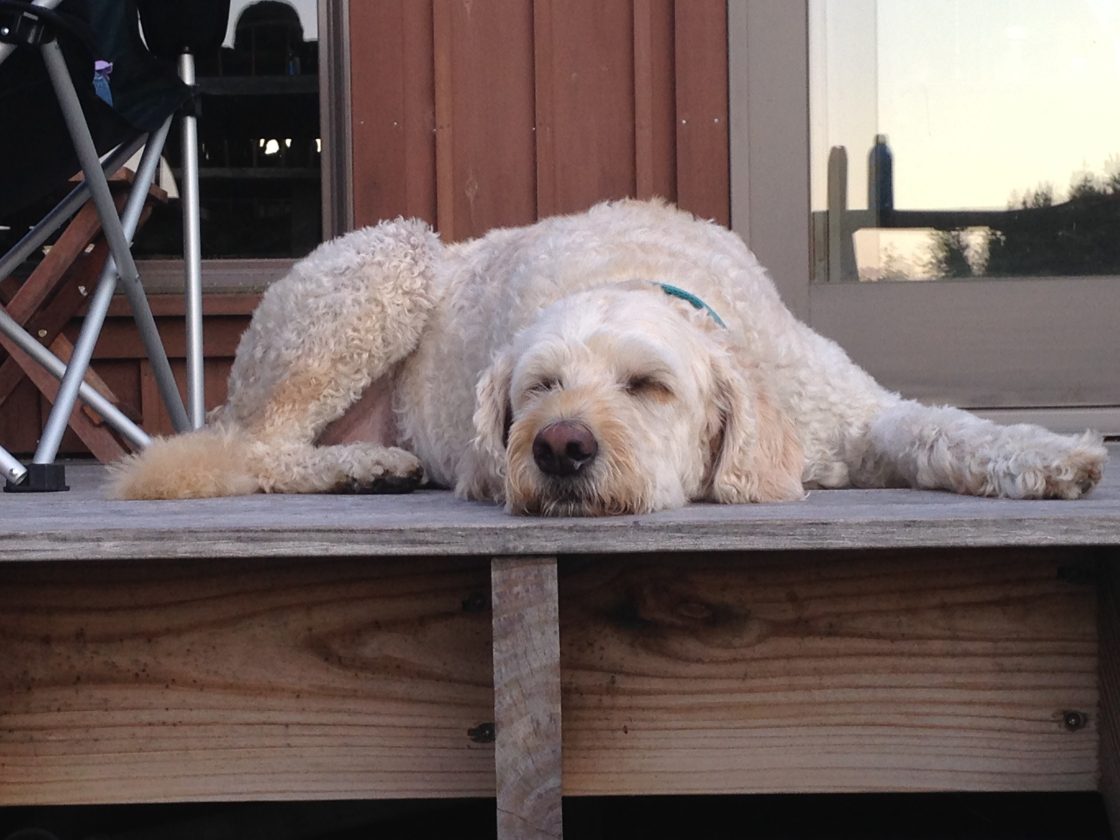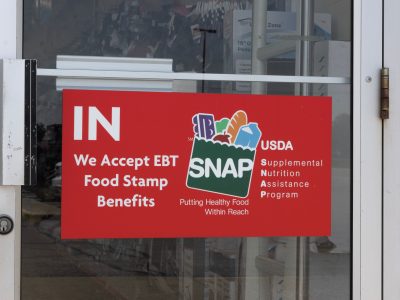World Veterinary Day: Mental Health Impacts
April 29 is World Veterinary Day – a time to recognize the lifesaving work performed by veterinarians around the world. But, did you know one out of six veterinarians has considered suicide?
Aviva Vincent, Ph.D., an assistant teaching professor at Syracuse University’s Falk College, studies veterinary social work, and she has some thoughts ahead of World Veterinary Day (see below). If you’d to schedule an interview with her, you can reach out to Vanessa Marquette, media relations specialist, at vrmarque@syr.edu.
Syracuse University’s Aviva Vincent, Ph.D, writes:
“Not One More Vet is an organization with the mission of ending Veterinarian Suicide. A common assumption about the day-to-day experience of veterinary professionals is that they play with animals all day. While this assumption has elements of truth, it’s not the full picture of what happens on a daily basis behind closed doors. Veterinary teams are challenged with routine care of small and large animals to challenging cases, terminal diagnoses, and euthanasias. From working with pets to production animals, veterinary professionals often experience a rollercoaster of emotions. Unsurprisingly, there are many challenges facing the veterinary community causing a workforce shortage from individuals leaving the field due to burnout or financial reasons, retirement, and sadly death by suicide.
The International Association of Veterinary Social Work noted that The field of Veterinary Medicine has been in high demand with the increase of domesticated pets throughout the pandemic. Yet, there are not enough professionals entering the field to meet the demand and sustain the professional industry. Compounding this challenge, Veterinarians are leaving following burnout, verbal abuse, and threats from clients. With the increase in stressors and increased insight into the mental health needs of the field, IAVSW and NOMV are creating resources and initiatives to support the mental health of Veterinarians and intentionally partnering with social workers. Vets, support staff, mental health providers, pet parents, and others are realizing how essential, compassionate, and strong veterinarians are. A list of some initiatives are:
1. International Association of Veterinary Social Work
2. Veterinary Social Work Certificate at the University of Tennessee- Knoxville
3. Not One More Vet
4. Shanti Project
5. PrideVMC
6. Veterinary Hope Foundation
7. MentorVet”
It’s also worth nothing that April 30th is Adopt a Shelter Pet Day. If more people adopted pets, rather than buying them, could this aid the mental health of our veterinarians? According to Best Friends Animal Society, “These high-volume breeding operations add more animals to the national pet population each year than are killed in shelters annually and are one of the most significant contributing factors to shelter populations.” This also does not help the veterinarians who are already short-staffed.



